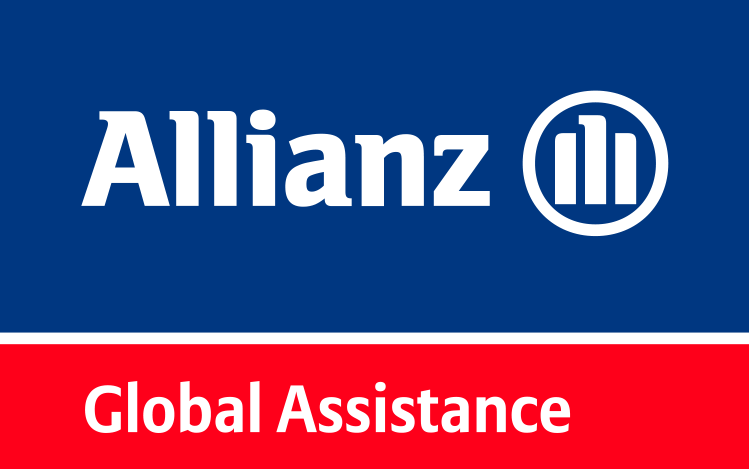In bid to bolster the nation’s workforce in tech, the Canadian government introduced its new digital nomad program this year, which allows workers to live in Canada for six months with the possibility of an extended stay.
The visa aims to draw remote workers to help alleviate Canada’s workforce shortage in the technology sector and is part of the country’s new Tech Talent Strategy, which aims to attract professionals to stay long-term. Preference is for candidates in science, engineering, technology, and math fields, but remote work professionals in content creation, writing, photography, social media management and other fields may apply. There’s no particular skills requirement for the visa.
Currently, foreign remote workers who are employed outside of Canada are allowed to reside in Canada for up to six months without a work permit. Under the digital nomad visa, if a foreign remote worker finds a job with a Canadian employer, they can extend their stay in Canada for an additional three years.
“It’s an incredible opportunity for people who want to test-drive Canada and if they decide they want to commit once their time is up, we’re quite happy to have them,” said Sean Fraser, Canada immigration Minister.
Canada is a top tier nation with a stable economy and political system, and a robust high speed internet network. The nation has a diverse society with a tradition of embracing multiculturalism. Canada also generally has a more affordable cost of living than other developed nations such as the United States and the United Kingdom. And three major cities in Canada — Calgary, Vancouver and Toronto — are ranked in the
Top 10 Most Livable Cities in the World by researchers for Economist Magazine.
- If you’re a remote worker visiting Canada, it may be a good idea to obtain health insurance, whether you plan to stay for up to six months without a work permit or are awaiting temporary residency status. Your domestic health insurance plan will most likely offer you little to no coverage in Canada. Allianz Global Assistance offers coverage for medical and dental emergencies and prescription drug coverage under our visitors to Canada travel insurance plan options. For the complete list of coverage benefits including pre-existing medical conditions and exclusions under this plan, please view the Policy of Insurance.
- Know your tax liability. Before visiting Canada to work remotely, be aware of any tax obligations to your home country and Canada. For example, a remote worker employed in the U.S. from the U.S. may only be subject to U.S. taxes while living in Canada for the first six months. Consider hiring an immigration lawyer to help you learn whether tax treaties between your home nation and Canada can help you save money as a digital nomad.
- Before making the move, you should consider your domestic employer’s own digital nomad policies due to tax liability. “Some companies are drawing lines in the sand about how long they will let people be digital nomads,” said Nicole Cieslicki, Senior Director of International Services at MBO Partners, a Texas-headquartered firm that connects enterprises with independent workers, in an article by Fortune. “Some adopt 30 days, 60 days, 120 days and some go as high as six months.”
As a world leader in travel protection, we help Canadians and visitors to Canada answer the call of adventure with confidence every year. Let us be there for you too.
Travel insurance is underwritten by CUMIS General Insurance Company, a member of The Co-operators Group of Companies, administered by Allianz Global Assistance, which is a registered business name of AZGA Service Canada Inc

